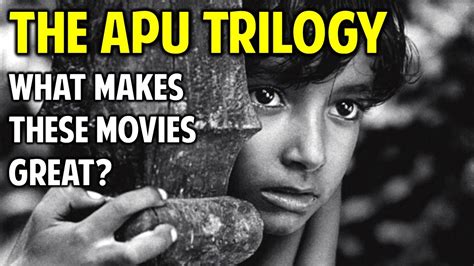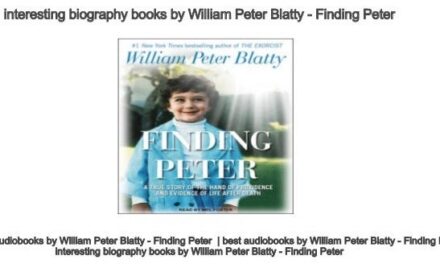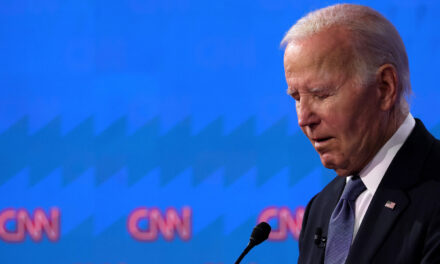To complete the sentence, I do NOT want my two front teeth, which, happily, I still have, along with the rest of my incisors, grinders, etc.
But what I want for Christmas reminds me of what I discovered when I was around eleven years old and gave to my best friend a model of HMS Dorchester, the ship that finished off the Bismarck with a few well-aimed torpedoes. On Christmas day, when I opened up his present for me, I found he had given me the same thing. That’s another way of saying that what I want for Christmas is something—or some things—I hope others would want to receive from me with as much pleasure. So my recommendations in order of film, music, and books are . . .
For film: “The Apu Trilogy” (Criterion Collection). Is it fair to tell someone he should wrap up in red paper and green ribbon—trouble enough—a DVD (or Blu-ray) of a film he has never seen in its entirety—and, then, give it to somebody? Perhaps not, but so be it. I’ll admit I’ve seen only snippets of Satyajit Ray’s masterpiece, but how much does one need to see to know that it’s unforgettable? “Pather Panchali,” “Aparajito,” and “Apur Sansar” took Ray years to film, and the work as a whole is revered by aficionados world-wide. Apu offers the viewer a picture of India that will fascinate—but one developed with the empathetic eye of a native no Westerner could hope to imitate. I may be going out on a limb to recommend it, but I doubt it.
Also, I recommend “Mister Johnson” (Criterion Collection). My wife and I saw this in Dallas when it was released; and although it got very good notices (I remember John Simon’s in National Review particularly), it is not a title most would remember today. Based on the Joyce Carey novel, Mister Johnson is, in the best sense, a heart-rending story of a black man in Nigeria who, under the influence of British colonialism, longs to live the life of a true Englishman—the manners, the religion, the stiff-upper-lip fortitude—the whole hog, as the Brits would say. The results are tragic and edifying, yet not, as so many argue, an overt indictment of colonialism. Directed by Bruce Beresford (of Breaker Morant fame—another great and new Criterion release), this is a film to be—to use a worn-out phrase—cherished, starring Maynard Eziashi, Edward Woodward, and, in a very fine performance, Pierce Brosnan.
For music: Veracini, Complete Sonate Accademiche, Trio Settecento (Cedille Records). Never heard of Veracini? Neither had I until I read a review of the disc, or, rather, discs (it’s a three-cd set) at Classicstoday.com. The performers, the superb Rachel Barton Pine on violin, John Mark Rozendaal on cello, and David Schrader on harpsichord are unexceptionable. The music is both invigorating and inspired; you’ll wonder why you haven’t heard it before. But don’t worry about that: hear it now—or, at least, let your uncle hear it if you must give it to someone else. But don’t; give this one to yourself. The price is reasonable and the rewards will more than compensate the expense.
And for books: lovers of poetry will rejoice in the new two-volume edition of The Poems of T. S. Eliot: Collected and Uncollected (Johns Hopkins University Press). Edited by Christopher Ricks and Jim McCue, this collection supersedes the Collected Poems 1909 – 1962 (which, in any event, did not include Old Possum’s Book of Practical Cats), adding extensive critical commentary by the editors that the earlier edition lacked. Eliot is and will, I suspect, remain a hard study—but a rewarding one. “The Love Song of J. Alfred Prufrock,” “Gerontion,” The Waste Land, and especially Eliot’s post-Christian-conversion Ariel Poems, “Ash Wednesday,” and, quite likely his greatest achievement, Four Quartets, will offer the diligent and critical reader a lifetime of pleasure—not without challenges—that will increase with each reading. Like the poet and preacher he admired the most—George Herbert and Lancelot Andrewes—Eliot expands one’s incarnational imagination and understanding, offering the reader (to borrow from Herbert) his own “glass of blessing.” One hopes the editors will continue this project to include Eliot’s plays.
Submission by Michel Houellebecq (Farrar, Straus, and Giroux). Paris, 2022: predictable decadence and an election that brings in a government dominated by a party known as the Muslim Brotherhood. It doesn’t take much imagination to guess that things do not work out very well for what one might loosely call the West—remembering that “submission” in another language translates Islam. This is not the cheeriest of Christmas presents, but this is no time for Pollyannas. Not recommended for your leftist friends who will sneer at its “Islamophobia”; give this one to your neighborhood “independent.” He or she might benefit.
Those are the gifts I would wish for good little boys and girls. For the bad uns—what can I say? A lump of coal and switches seems paltry. How about Christmas with Obama and Hillary—in the North Pole? And to all the rest of us a good night.















Wow that was unusual. I just wrote an really long comment but after I clicked submit my comment didn’t appear. Grrrr… well I’m not writing all that over again. Anyway, just wanted to say great blog!
Thank you, sorry for the problem, Deal Hudson